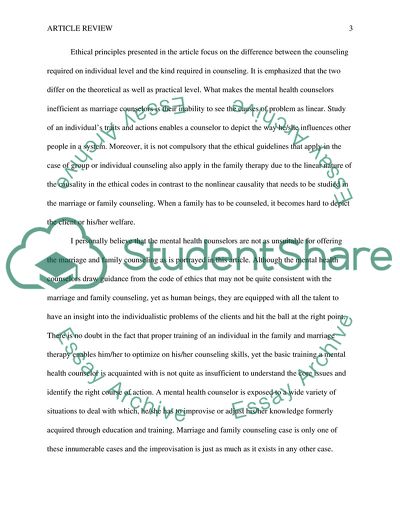Cite this document
(Analysis of Articles about Ethics in Counseling Essay, n.d.)
Analysis of Articles about Ethics in Counseling Essay. https://studentshare.org/psychology/1759044-ethics-in-counseling
Analysis of Articles about Ethics in Counseling Essay. https://studentshare.org/psychology/1759044-ethics-in-counseling
(Analysis of Articles about Ethics in Counseling Essay)
Analysis of Articles about Ethics in Counseling Essay. https://studentshare.org/psychology/1759044-ethics-in-counseling.
Analysis of Articles about Ethics in Counseling Essay. https://studentshare.org/psychology/1759044-ethics-in-counseling.
“Analysis of Articles about Ethics in Counseling Essay”. https://studentshare.org/psychology/1759044-ethics-in-counseling.


